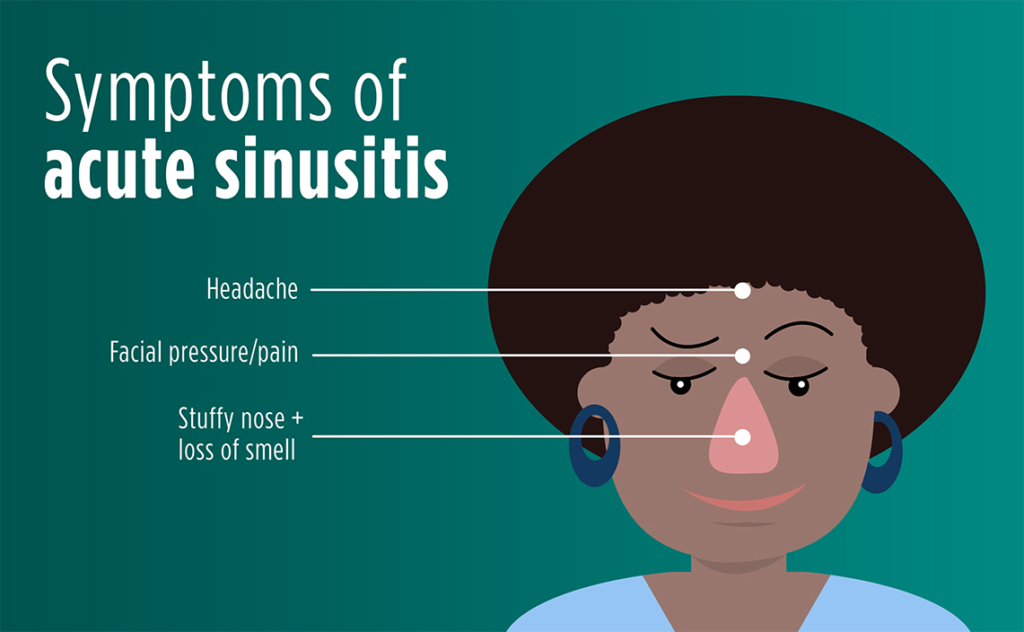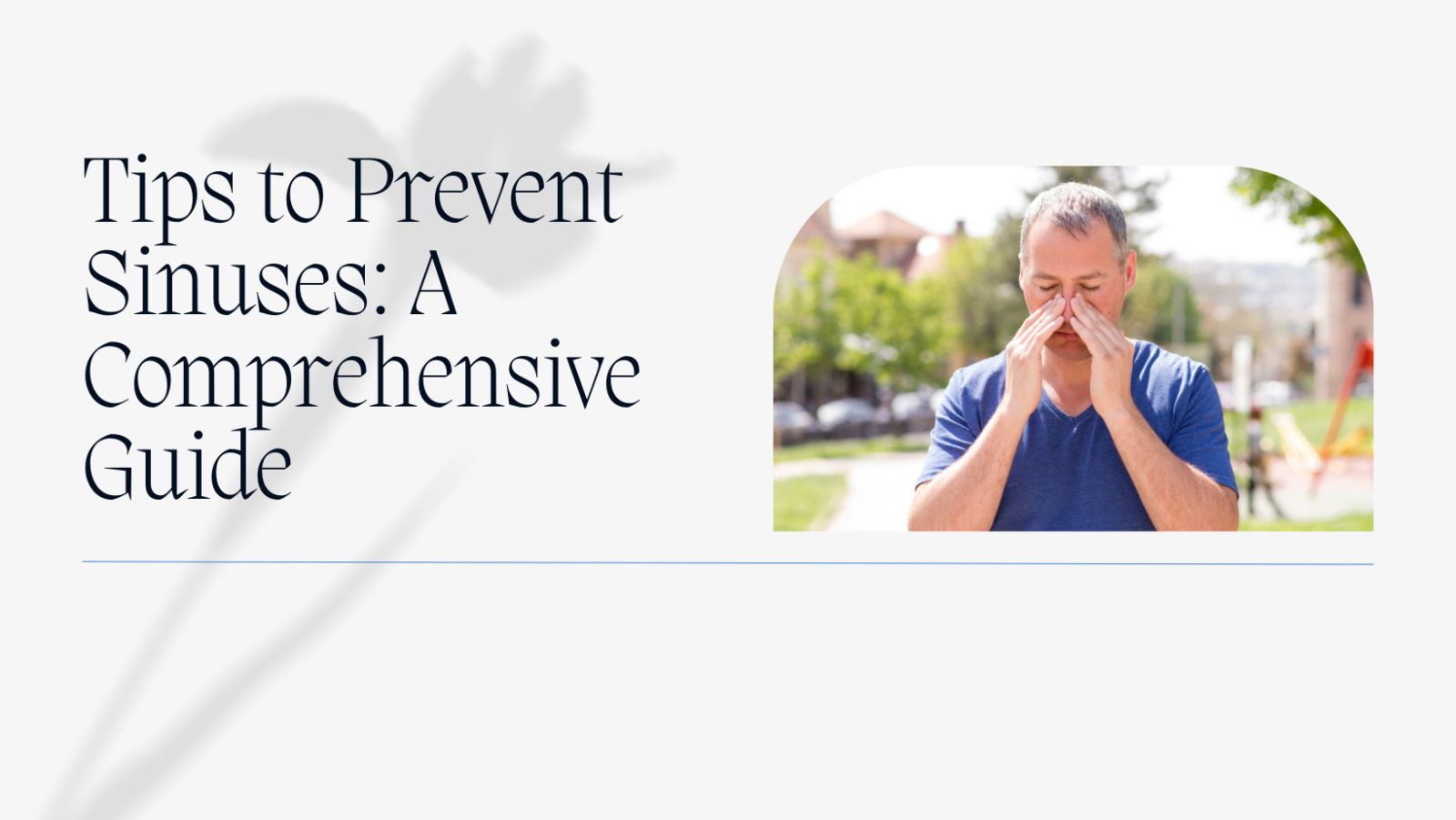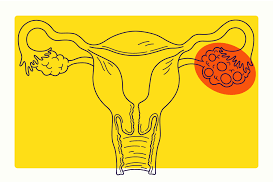Tips to Prevent Sinuses: A Comprehensive Guide
Sinusitis, a condition characterized by inflammation or infection of the sinuses, is a common health issue that affects millions of people worldwide.
The sinuses are air-filled cavities in the skull that produce mucus, which helps to humidify and warm the air we breathe. However, when these cavities become inflamed or infected, it can lead to a range of uncomfortable symptoms, including congestion, facial pain, and headaches.
In this article, we will explore the causes and prevention strategies for sinusitis, providing you with the knowledge you need to maintain healthy sinuses and avoid the discomfort associated with this condition.

Understanding Sinusitis
Sinusitis is a condition that occurs when the sinuses become inflamed or infected. This inflammation can be caused by a variety of factors, including allergies, colds, and structural issues within the sinuses themselves.
The sinuses are connected to the nasal passages and are designed to produce mucus, which helps to humidify and warm the air we breathe.
However, when the sinuses become inflamed or infected, this mucus production can become excessive, leading to congestion and discomfort.
Causes of Sinusitis
There are several factors that can contribute to the development of sinusitis. Some of the most common causes include:
- Allergies: Allergies to pollen, dust, and other environmental factors can cause the sinuses to become inflamed and produce excessive mucus.
- Colds: Colds are a common cause of sinusitis, as the viral infection can spread to the sinuses and cause inflammation.
- Structural Issues: Structural issues within the sinuses, such as a deviated septum or nasal polyps, can increase the risk of developing sinusitis.
- Environmental Factors: Exposure to environmental factors such as pollution, tobacco smoke, and strong odors can irritate the sinuses and increase the risk of developing sinusitis.

Symptoms of Sinusitis
The symptoms of sinusitis can vary depending on the severity and duration of the condition. Some common symptoms include:
- Congestion: Congestion is a common symptom of sinusitis, as the sinuses produce excessive mucus that can block the nasal passages.
- Facial Pain: Facial pain and pressure are common symptoms of sinusitis, as the inflammation and infection can cause discomfort in the face and head.
- Headaches: Headaches are another common symptom of sinusitis, as the inflammation and infection can cause pain and discomfort in the head.
- Fatigue: Fatigue is a common symptom of sinusitis, as the body works to fight off the infection and recover from the inflammation.

Prevention Strategies
While sinusitis can be a challenging condition to manage, there are several strategies that can help to prevent its development. Some of the most effective prevention strategies include:
- Maintaining Good Hygiene: Maintaining good hygiene is essential for preventing sinusitis. This includes washing your hands frequently, avoiding close contact with people who are sick, and avoiding sharing personal items.
- Avoiding Allergens: Avoiding allergens such as pollen, dust, and pet dander can help to reduce the risk of developing sinusitis.
- Staying Hydrated: Staying hydrated is essential for maintaining healthy sinuses. This includes drinking plenty of water and avoiding sugary drinks.
- Eating a Balanced Diet: Eating a balanced diet that is rich in fruits, vegetables, and whole grains can help to support immune function and reduce the risk of developing sinusitis.
- Managing Stress: Managing stress is essential for maintaining healthy sinuses. This includes engaging in stress-reducing activities such as meditation and yoga.

Treatment Options
While prevention is key, there are several treatment options available for managing sinusitis. Some of the most common treatment options include:
- Antibiotics: Antibiotics are often prescribed to treat bacterial sinusitis, which is a common complication of sinusitis.
- Decongestants: Decongestants can help to reduce nasal congestion and relieve sinus pressure.
- Pain Relievers: Pain relievers such as acetaminophen or ibuprofen can help to relieve headaches and facial pain associated with sinusitis.
- Nasal Sprays: Nasal sprays can help to reduce nasal congestion and relieve sinus pressure.
- Surgery: In some cases, surgery may be necessary to treat structural issues within the sinuses that are contributing to the development of sinusitis.

Conclusion
Sinusitis is a common condition that can cause significant discomfort and disruption to daily life. By understanding the causes and prevention strategies for sinusitis, you can take steps to maintain healthy sinuses and avoid the discomfort associated with this condition.
Remember to maintain good hygiene, avoid allergens, stay hydrated, eat a balanced diet, and manage stress to reduce the risk of developing sinusitis. If you do develop sinusitis, there are several treatment options available to help manage the condition.
Frequently Asked Questions
What are the symptoms of sinusitis?
The symptoms of sinusitis can vary depending on the severity and duration of the condition. Common symptoms include congestion, facial pain, headaches, and fatigue.
What are the causes of sinusitis?
The causes of sinusitis include allergies, colds, structural issues within the sinuses, and environmental factors such as pollution and tobacco smoke.
How can I prevent sinusitis?
You can prevent sinusitis by maintaining good hygiene, avoiding allergens, staying hydrated, eating a balanced diet, and managing stress.
What are the treatment options for sinusitis?
Treatment options for sinusitis include antibiotics, decongestants, pain relievers, nasal sprays, and surgery.
Can sinusitis be cured?
Sinusitis can be cured with proper treatment. However, it may take several weeks or months for the condition to fully resolve.















Leave a Reply